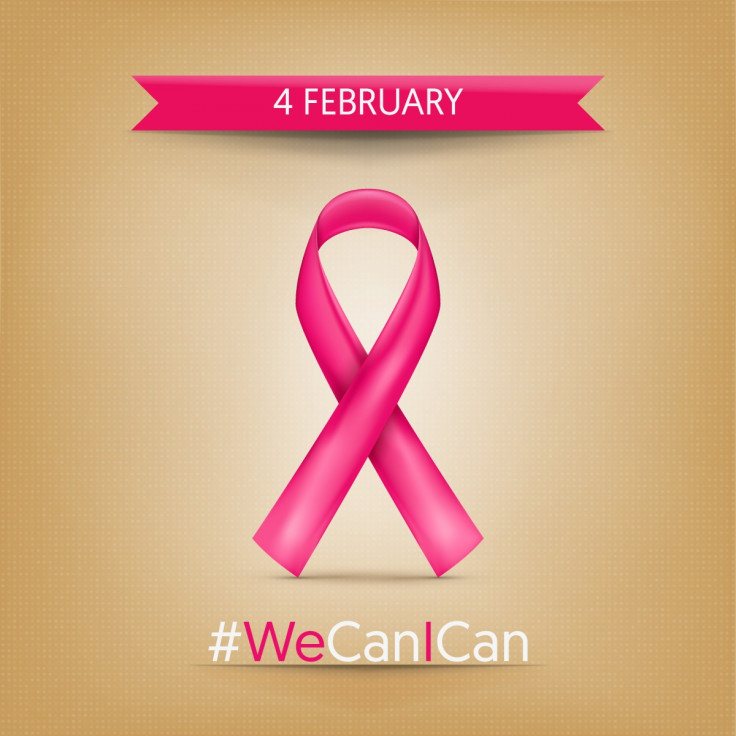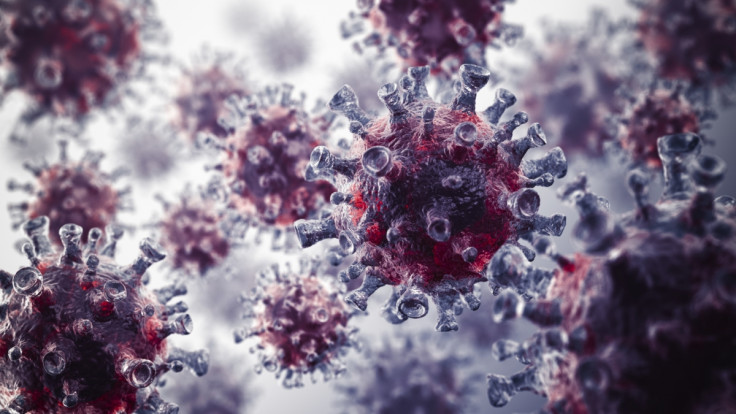World Cancer Day 2016: Theme, facts and events surrounding annual campaign

'We can. I can.' That is the tagline for the 2016 World Cancer Day on 4 February. Marking the 10th anniversary of the global awareness campaign, the aim this year is to prove that every single person can make a difference in the fight against cancer.
World Cancer Day is part of the World Cancer Campaign, adopted following the World Summit Against Cancer for the New Millennium. This summit took place on 4 February 2000, and subsequently the first ever World Cancer Day was pencilled in for 4 February 2006. That tradition has continued every year, and the custom does not stop in 2016.
With this year's 'We can. I can.' campaign, awareness will be raised to show the public that everyone can play a role in battling cancer. For example;
We can.
- Stop myths that lead to stigma against cancer patients
- Encourage schools to educate children on how to prevent cancer
- Demand governments increase funding for cancer treatment facilities
I can.
- Stop smoking for good
- Learn about the signs and symptoms linked to cancer
- Return back to work after cancer treatment, to give it the biggest insult of all
Cancer Research UK is also following this tagline, and they also adopted their own 'We Can Do Something About Cancer.' The organisation is promoting 'Unity Bands' this year, as they aim to sell as many as possible to raise funds for cancer treatments.
Unity Bands are two pieces of coloured rope which can be tied together around the wrist – to symbolise sticking together when cancer tries to bring us down. They can be claimed here, with a suggested donation of £2.
Events
As it stands, there are more than 590 activities planned for World Cancer Day 2016. These are all completely public events; run for the public, by the public.
They can be found across the entire globe, from Hawaii to Malaysia. To see events near you, use this interactive map.
In the UK, there are a number of 'Together We Can' Awareness and Fundraising events by some well-known charities, including Cancer Research UK, Movember and Breast Cancer Care – all focusing on Unity Bands.
Events do not just feature household names, however. For something slightly more local, cake sales are being run across the entire country by various individuals; the Slough Police Station and Birchwood Grange Care Home in Middlesex to name a couple.
In the US, there are equally as many events lined up for the day. Milwaukee is running bone marrow screenings, Johns Hopkins Bloomberg School of Public Health is producing an awareness event – describing how we can prevent cancer in developing countries – and a woman in Salem, Oregon is even shaving her head to show support for her two recently diagnosed co-workers.
Facts

There are currently around 200 known types of cancer. From lung and oesophageal, to bowel and skin cancer.
Lung cancer is by far the biggest killer. Every year it takes the lives of around 1.4 million people globally – That is slightly more than the populations of Birmingham and Coventry combined.
Stomach cancer is the second biggest killer, with around 740,000 deaths per year, and liver cancer is third with 700,000 per year.
Most of recorded cancer cases are found in developed countries, namely in North America, Oceania and Western Europe. But, of all global cancer deaths, 70% are found in the developed world.
The number of cancer deaths is not expected to decrease any time soon, either. Projections say that the number of cancer deaths will hit 12 million across the world by 2030; a rise of more than 30% in under 15 years.
Estimates show that more than 30% of all cancer deaths could be prevented by a changing lifestyle – including stopping smoking, more exercise and using more suncream.
Cancer has huge economic repercussions, too. It has been estimated that every year, cancer costs $290bn (£199bn) to treat – more than half of that is from medical bills. As we reach 2030, that number is expected to increase by more than 35% to $458bn (£315bn).
With these worrying statistics fresh in our mind, let us make sure that together we do our part to beat cancer. We can. I can.
© Copyright IBTimes 2025. All rights reserved.






















